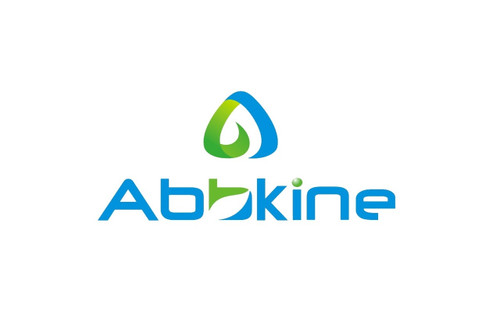Product Description
Mouse Monocyte chemotactic protein 3 (MCP-3) ELISA Kit | AE63234MO | Abebio
Species Reactivity: Mouse (Mus musculus)
Abbreviation: CCL7
Alternative Name: FIC; MARC; MCP-3; MCP3; MGC138463; MGC138465; NC28; SCYA6; SCYA7; monocyte chemoattractant protein 3|monocyte chemotactic protein 3|small inducible cytokine A7 (monocyte chemotactic protein 3)
Application: ELISA
Range: Request Information
Sensitivity: Request Information
Intra-Assay: ≤5.6%
Inter-Assay: ≤9.2%
Recovery: 0, 99
Sample Type: Serum, Plasma, Other biological fluids
Detection Method: Sandwich
Analysis Method : Quantitive
Test Principale: This assay employs a two-site sandwich ELISA to quantitate CCL7 in samples. An antibody specific for CCL7 has been pre-coated onto a microplate. Standards and samples are pipetted into the wells and anyCCL7 present is bound by the immobilized antibody. After removing any unbound substances, a biotin-conjugated antibody specific for CCL7 is added to the wells. After washing, Streptavidin conjugated Horseradish Peroxidase (HRP) is added to the wells. Following a wash to remove any unbound avidin-enzyme reagent, a substrate solution is added to the wells and color develops in proportion to the amount of CCL7 bound in the initial step. The color development is stopped and the intensity of the color is measured.
Product Overview: Chemokine (C-C motif) ligand 7 (CCL7) is a small cytokine known as a chemokine that was previously called monocyte-specific chemokine 3 (MCP3) . Due to CCL7 possessing two adjacent N-terminal cysteine residues in its mature protein, it is classified among the subfamily of chemokines known as CC chemokines.The protein is an in vivo substrate of matrix metalloproteinase 2, an enzyme which degrades components of the extracellular matrix. CCL7 is one of the most pluripotent chemokines, produced by certain tumor cell lines and by macrophages and acting on multiple cell types including monocytes, lymphocytes, eosinophils, basophils, dendritic cells, and natural killer cells.
Stability: The stability of ELISA kit is determined by the loss rate of activity. The loss rate of this kit is less than 5% within the expiration date under appropriate storage condition. The loss rate was determined by accelerated thermal degradation test. Keep the kit at 37°C for 4 and 7 days, and compare O.D.values of the kit kept at 37°C with that of at recommended temperature. (referring from China Biological Products Standard, which was calculated by the Arrhenius equation. For ELISA kit, 4 days storage at 37°C can be considered as 6 months at 2 - 8°C, which means 7 days at 37°C equaling 12 months at 2 - 8°C) .
 Euro
Euro
 USD
USD
 British Pound
British Pound
 NULL
NULL








